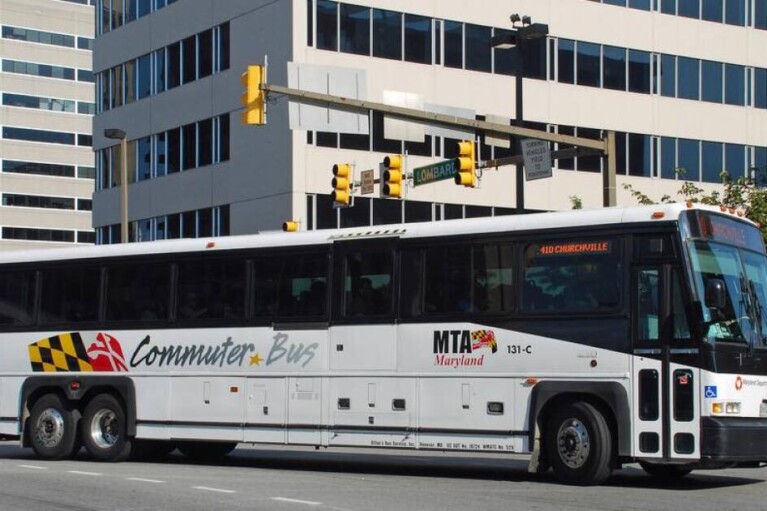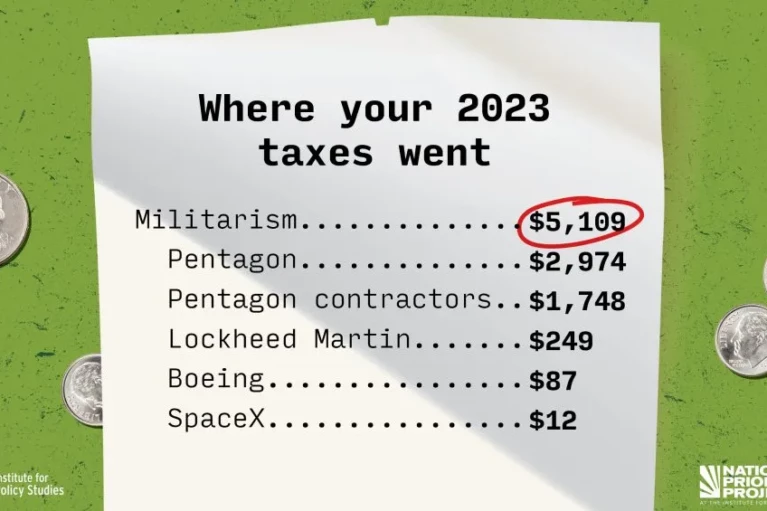Opinion: Collective bargaining rights for academic workers will strengthen our public higher education institutions

By Karin Alejandra Rosemblatt
The writer is a professor of History at the University of Maryland, College Park, vice president of her campus chapter of the American Association of University Professors, and an elected member of the National Council of the AAUP.
Last week faculty and graduate assistants from across Maryland’s public institutions of higher education testified in Annapolis, demanding the right to bargain collectively. They documented disturbing trends: adjunct faculty earning $14 an hour; graduate students subjected to abusive supervisors; callous administrators who dismiss complaints; longtime faculty capriciously denied contract renewals; shared governance mechanisms undermined by administrators who think they know best.
Collective bargaining could help rectify some of these unfortunate conditions. Extending the right to faculty and graduate assistants in the University System of Maryland, at Morgan State University, and at St. Mary’s College, should be an easy “yes” for the legislators who in 2022 bravely overrode Gov. Larry Hogan’s veto to grant community college faculty collective bargaining rights.
Gov. Wes Moore has pledged to leave no one behind. He supports collective bargaining. During his campaign, he pledged to support collective bargaining rights for faculty and graduate assistants in the public sector. Maryland would not be alone if it passed House Bill 275/Senate Bill 247. Most states controlled by Democrats grant this right to their public academic workers — and have for decades. But when Maryland gave higher education workers that right in 2001, they excluded faculty and graduate assistants. It’s time for that to change and for Maryland to join the dozens of states that allow academic workers to bargain collectively.
The legislation heard last week in committee would not mandate unions on any campus. Nor would it require anyone to join a union. Yet the testimony proffered in Annapolis suggests how collective bargaining might benefit Maryland’s public institutions of higher education.
American universities’ excellence is grounded in the principles of shared governance. According to University System of Maryland policy, students have a “legitimate interest in matters affecting their ability to complete their education.” The American Association of University Professors statement on shared governance, followed by universities across the country, says that faculty should have “primary responsibility” for curricular and instructional decisions, research, aspects of student life that relate to education, and academic hiring and firing. Faculty should also be involved in long-term planning, budgeting, and the selection, evaluation and retention of administrators.
Over the past decades, university administrators have gutted this system by failing to give faculty senates relevant information and other resources. Faculty spend months developing curricula that administrators cast aside. A growing cadre of administrators have created new programs fully staffed by graduate assistants and faculty on shorter-term contracts. Faculty on temporary contracts are effectively muzzled. They fear losing their jobs if they speak up. When the people doing the teaching can’t speak up, students lose out.
Has the growth of administrator decision-making had a positive effect on our public universities? Not really. Administrators have grown their own ranks. On the College Park campus, the number of managers grew 42.2% between 2015 and 2019, and another 8.4% from 2020 to 2022. The share of total salaries going to administrators grew as well. Meanwhile the number of undergraduate students grew 16% from 2014 to 2022, while the number of full-time faculty rose only 3.1%.
Enforcement of existing policies is lax. Contracts for contingent faculty and graduate assistants are often proffered at the last minute, leaving faculty no time to prepare for classes. Graduate assistants are routinely required to work more than the stipulated 20 hours a week, leaving them little time for their coursework. Grievance procedures are not well publicized and often fail to rectify abuses. Administrators wash their hands of responsibility for the non-enforcement of policies that are left to individual departments. They suggest that faculty and graduate assistant roles are too varied and that collective bargaining would impose harmful uniformity. But, when discretion is left in the hands of individuals, unfairness and inequities abound. Women and underrepresented groups suffer.
Administrators should embrace collective bargaining. As Del. Kirill Reznik (D-Montgomery) said at the House Appropriations Committee hearing last Tuesday, administrators’ arguments against collective bargaining are disingenuous, and they stir up animosity.
Contrary to the claims of University System of Maryland administrators, research suggests that collective bargaining can strengthen relations between administrators, graduate assistants, and faculty by making communications, monitoring, and implementation more effective. Faculty believe it strengthens the relation between graduate mentors and their advisees. And campuses with faculty unions have been shown to be more efficient (with lower per student costs) and more effective (graduating more of their students).
Maryland legislators should allow faculty and graduate assistants the right to choose collective bargaining. Collective bargaining would put our Maryland universities on par with peers in Michigan, Illinois, California, and neighboring Delaware and Pennsylvania and bring the best educators and students to our state.




 Creative Commons Attribution
Creative Commons Attribution